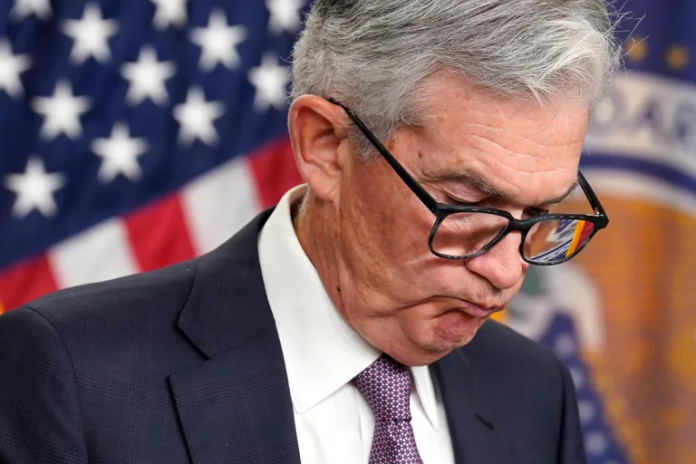Federal Reserve Chair Jerome Powell’s efforts to cool down the economy are causing progressive criticism to heat up. He has been accused of wanting a “brutal” recession, trying to “throw millions of Americans out of work” and using “dangerous” rhetoric. And those are the comments of just one senator, Elizabeth Warren of Massachusetts.
The criticism of the Fed’s interest-rate increases sometimes veers into demagoguery, just as did former President Donald Trump’s attacks on Powell when the Fed raised rates. But the progressives’ question deserves an answer: How can tightening monetary policy be morally justified even though it is expected to have a negative effect on employment?
What makes the question difficult is that the costs of inflation, while serious, are diffuse, while the costs associated with unemployment are highly concentrated. The costs of being unemployed are personal and often severe. They can include broken families, compromised mental health and reduced long-term prospects.
At the same time, the human toll of unemployment can’t be the argument-ender that Warren and like-minded observers want it to be. If it were, that would mean that tighter policy is never justified. That can’t be right.
Some progressives also have a simple-minded view of the relationship between unemployment and inflation. During the current bout of high inflation, House Speaker Nancy Pelosi has repeatedly said that she was told in the 1980s, when she came to Congress, that inflation rises whenever unemployment falls.
She may have been told that; it reflected the conventional wisdom of a prior era. The early 1980s saw a severe recession largely caused by an effort to tame inflation. But her claim that inflation rises as unemployment falls has proven false during her own career. Unemployment fell from 1992 to 1998, and again from 2011 to 2020, without an increase in inflation.

